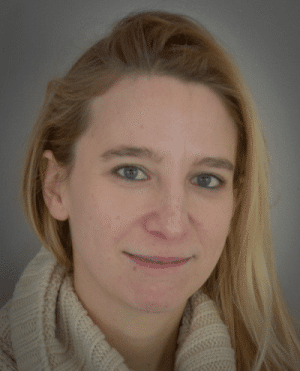Join JPI UE
Faq
FAQ
Please click here for the frequently asked questions we collected.
If you have an additional questions you are welcome to mail us at info@jpi-urbaneurope.eu
– We are happy to hear that you appreciated the workshop Elena! You participated in the Open Living Lab Days as part of your work with the SoHoLab project, where you are part of the Italian team. How would you describe SoHoLab?
SoHoLab – The regeneration of large scale social-housing estates through living labs (ENSUF Call 2016) has the aim to establish and evaluate the Urban Living Lab approach in the regeneration of marginal areas of our cities, analysing the role of University-promoted labs – located in Brussel, Milan and Paris – in effectively involving dwellers and local stakeholders in the design and implementation of local development processes. During the Open Living Lab days, I learned more about the characteristics and the role that Urban Living Labs should assume to adapt to very marginalized contexts, moving from the case of San Siro, the Milanese neighbourhood which we are working in.
– What are your general reflections from the JPI Urban Europe workshop “After Urban Living Labs”?
In our daily practice in the neighbourhood and among project partners, we often ask ourselves how to evaluate our approaches, especially when thinking of what will happen then, when the project ends and we would have to decide if and how to go on. Which aspects do really matter and in which of them should we invest further? During the workshop, some interesting issues emerged which now, back home, are helping me through these reflections.
“Along with stimulating questions, we were provided with fabulous stickers that inspired our reflections and helped us to create innovative associations of ideas, images, concepts”
– What were your methodology related insights from the workshop set-up?
I would like to highlight two very valuable “meta-learnings” related to the methodologies that we, as researchers and urban practitioners, apply in our work. First, rather than proposing answers, sharing good and meaningful questions can really make the difference. From the very beginning of the limited time we – as participants – had to share, we were provided with questions of this kind. Even if there was no time to deeply exchange among each other on our practices and specific experiences, the questions proposed provided us with a fertile field of reflection that we were able to share. Secondly, I was reminded of the value of also putting some fun, fantasy and creativity into our work. Along with stimulating questions, we were provided with fabulous stickers that inspired our reflections and helped us to create innovative associations of ideas, images, concepts. These conditions helped our groups through the debate related to the key aspects to set a really transformative Urban Living Lab and the possible contributions this tool could generate in a community/district. Thanks to the methodology used, even in such little time and even if we all were at different stages of our experiences and covering different roles, we were able to define some key points to bear in mind when evaluating our practices.
“The workshop was an extremely good example in this sense: a learning-friendly context, characterized by diversity, sincere knowledge sharing and a physical space (our posters) to transform together”
– We are glad to hear that you enjoyed the mix of deep reflection and creativity! What part of your workshop experience would you like to highlight?
I can try and summarise it in the following points:

Learn more about the SoHoLab project here
Join this year’s AGORA Stakeholder Involvement Platform workshop in Riga
Continue exploring urban dilemmas and Urban Living Labs in JPI Urban Europes webinars